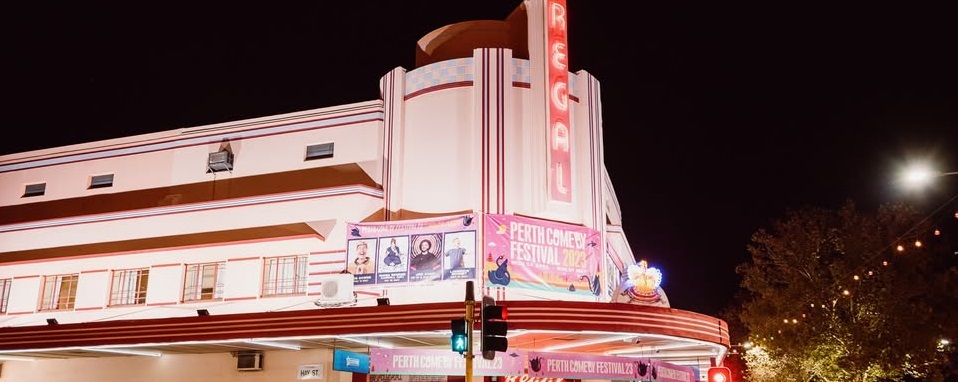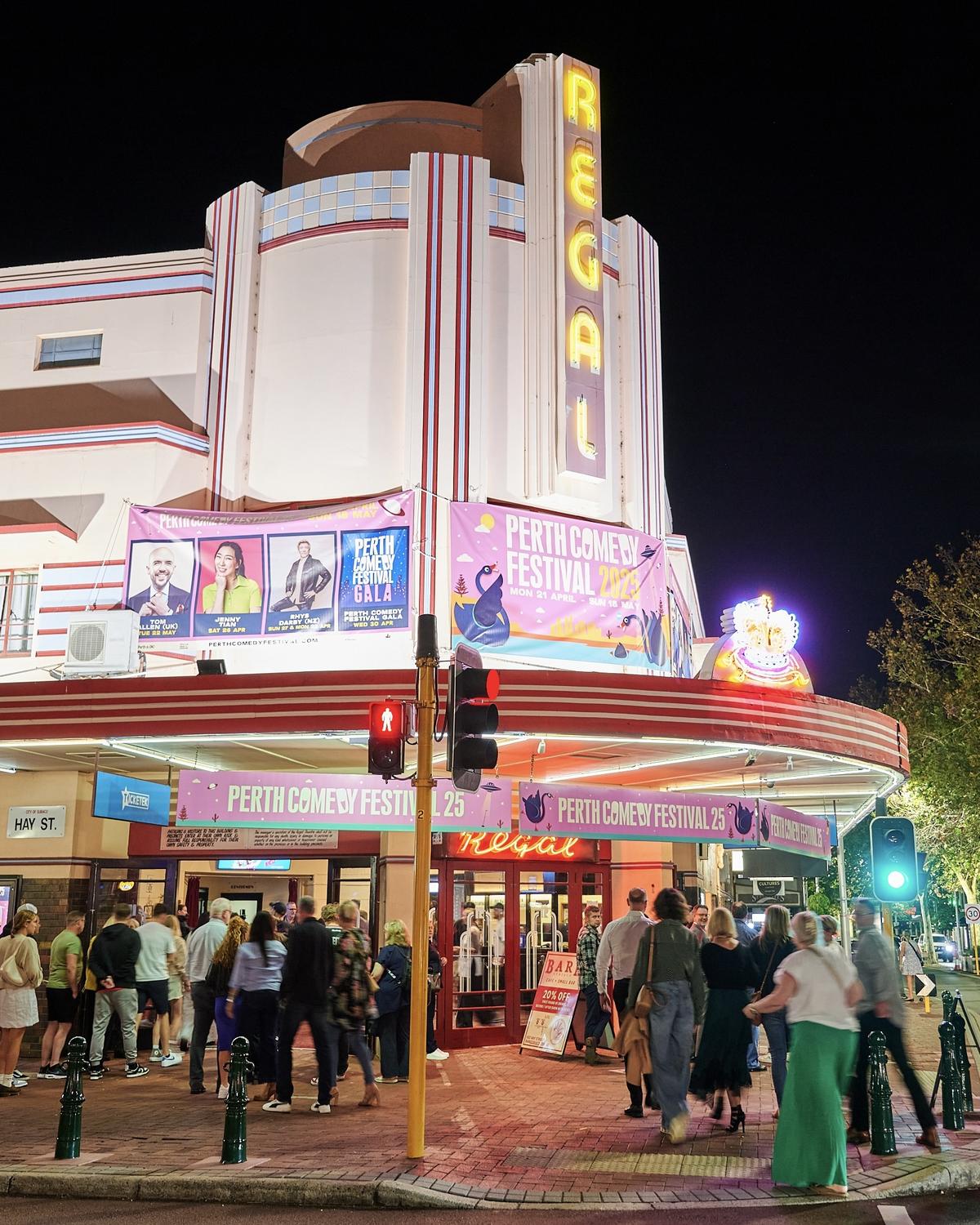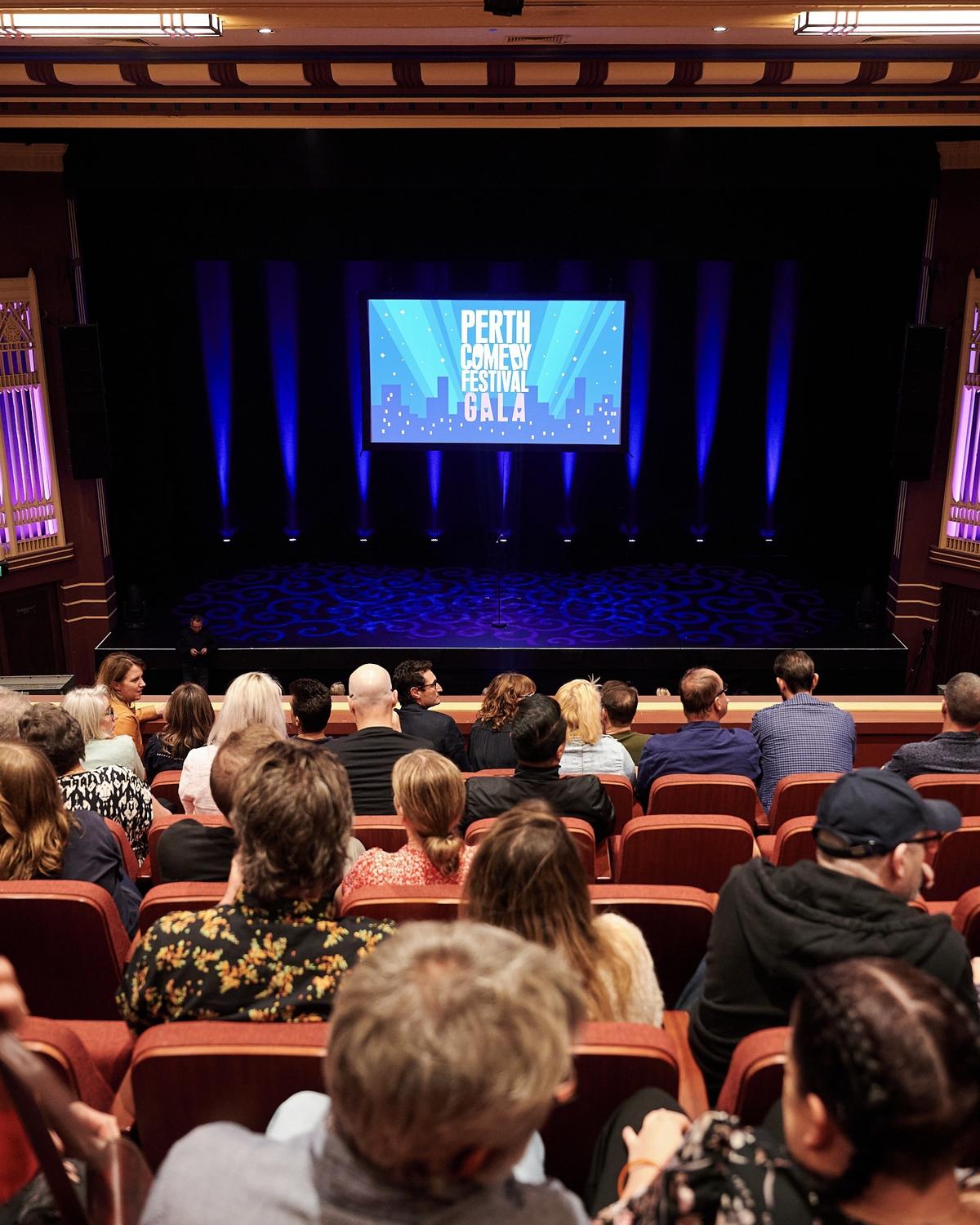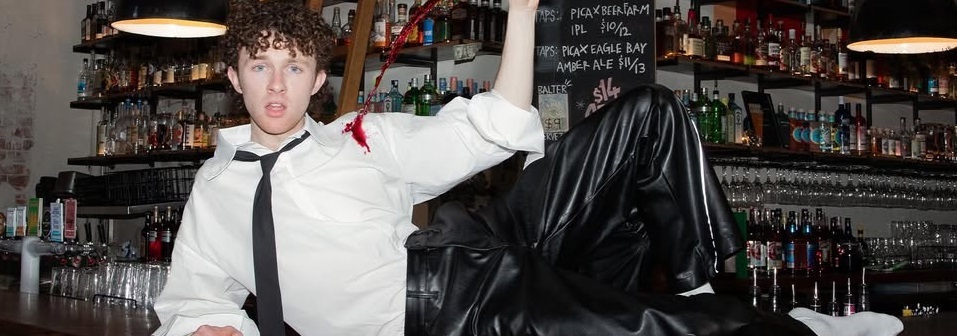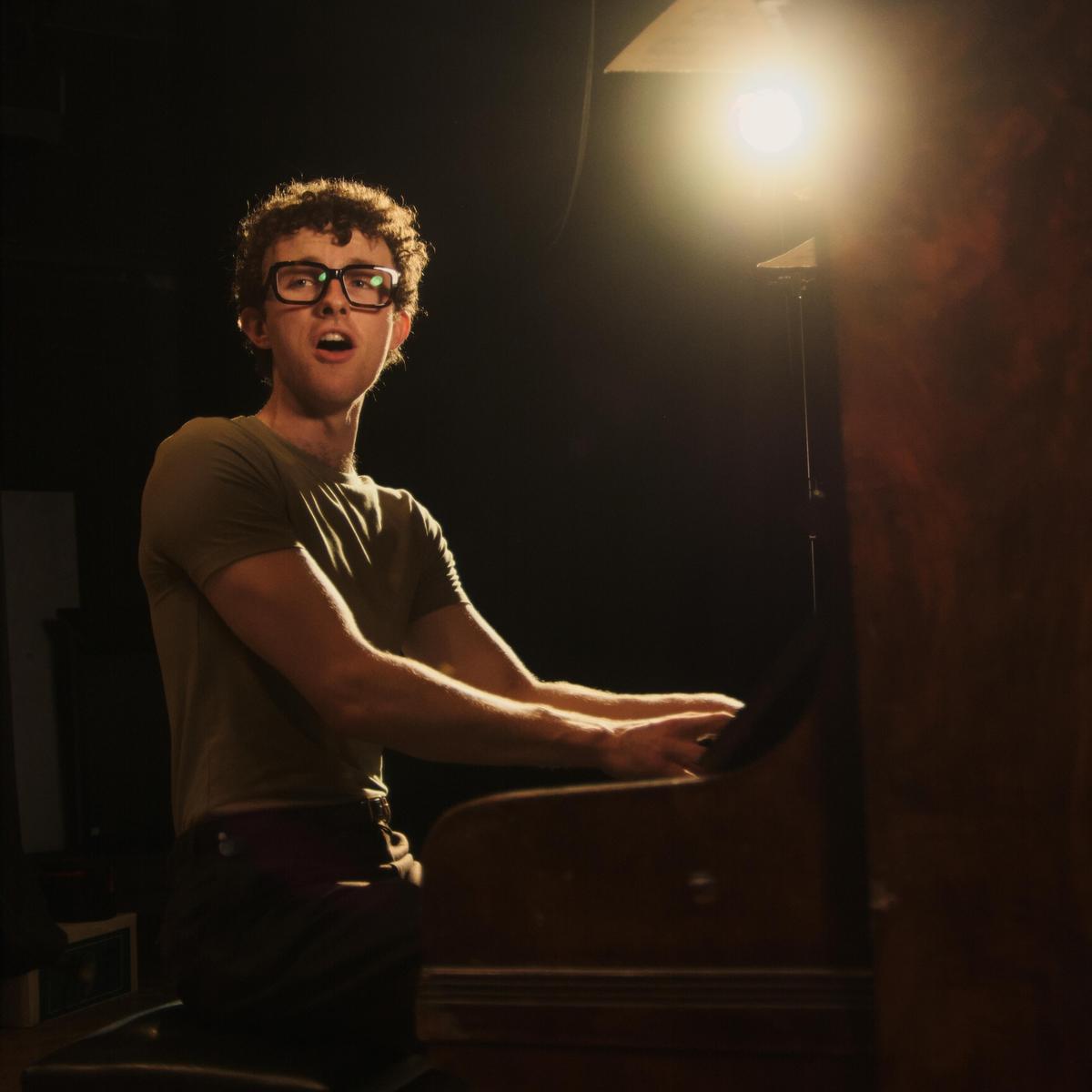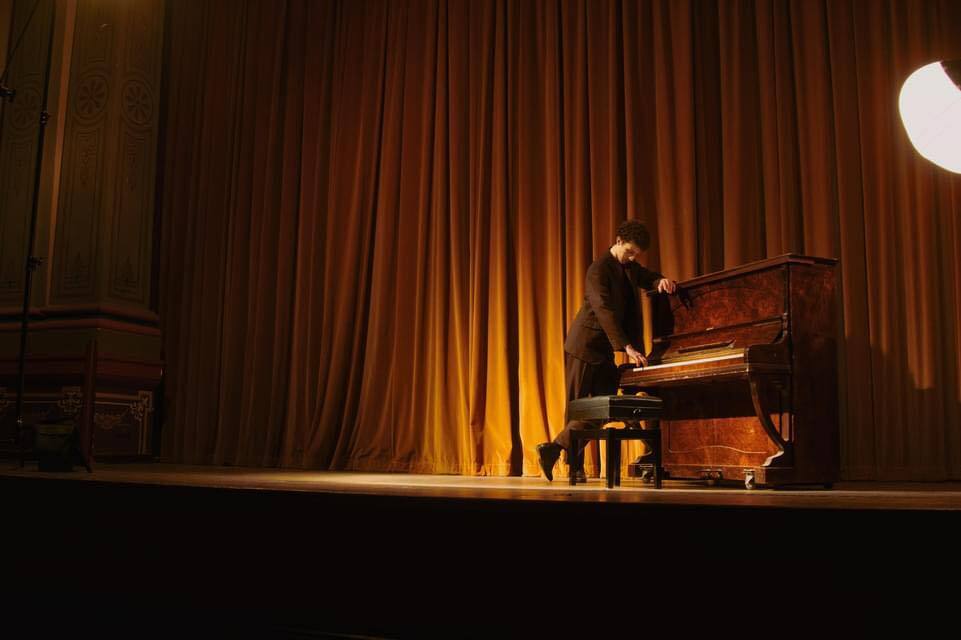Today, we’re diving into the world of Blue, directed by Ian Wilkes and brought to life by Owen Hasluck. This powerful production navigates the intricacies of growing up, mental health, and resilience. Join us as we explore the inspirations and aspirations behind this powerful performance, which is making its West Australian premiere at Black Swan State Theatre.
About Blue by Thomas Weatherall
What is this Production about?
An unforgettable monologue brought to life by proud Whadjuk Noongar actor Owen Hasluck and celebrated Noongar director Ian Wilkes.
Black Swan State Theatre Company of WA is proud to present the West Australian premiere of Blue – a tender, poetic and emotionally powerful monologue by Kamilaroi writer and Heartbreak High star Thomas Weatherall, playing at the State Theatre Centre’s Studio Underground from 23 May to 8 June 2025.
Weatherall’s “very personal fiction” explores what it means to grow up – and keep going – when life throws you off course. Told through a lyrical, introspective lens, this one-man show dives deep into grief, mental health, and the strength it takes to keep moving forward.
Making his Black Swan debut in the role of Mark is Owen Hasluck, a proud Whadjuk Noongar man and rising star of Australian theatre. A 2023 NIDA graduate, Owen also completed WAAPA’s Diploma of Acting and Aboriginal Performance Course. In 2024, he made his mainstage debut in Songbird with Yirra Yaakin, and later that year performed in Operation Boomerang, also directed by Ian Wilkes.
Ian Wilkes is a Noongar man with connection to the Wadjuk and Ballardong people. A theatre-maker, director, performer, writer and dancer, Ian is a graduate of WAAPA’s Aboriginal Theatre course and a recipient of the Perth NAIDOC Award for Artist of the Year. His directing work includes York for Black Swan and Boodjar Kaatijin and Hobo for Yirra Yaakin. He co-directed and performed in Galup and Galup VR for Perth Festival, and in 2023 directed the Festival’s spectacular opening event, Djoondal. As a performer, he has appeared in Hecate, Honey Spot, The Tempest and Black Swan’s Barracking for the Umpire which toured throughout WA in 2024.
We’re thrilled to welcome Owen to Black Swan. Blue is a play full of heart, honesty, and hope – and with Ian at the helm, we know this WA premiere will be something truly special.
Winner of the 2024 Matilda Award for Best New Australian Work, Blue has been praised around the country for its emotional resonance, poetic writing, and honesty.
Whether you’re a regular theatre lover, or discovering Black Swan for the first time, Blue promises a moving and unforgettable experience – rich with cultural connection and raw humanity.
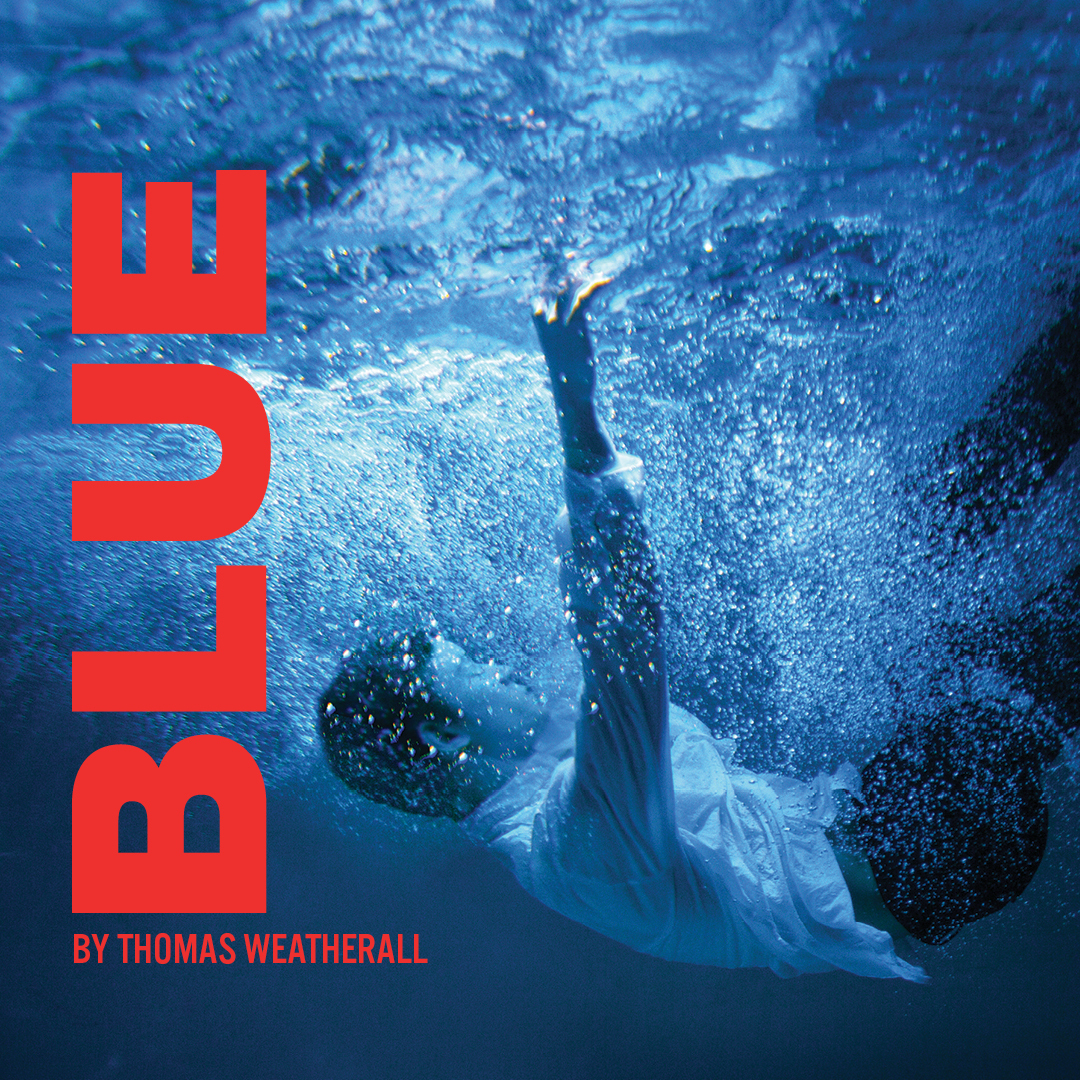
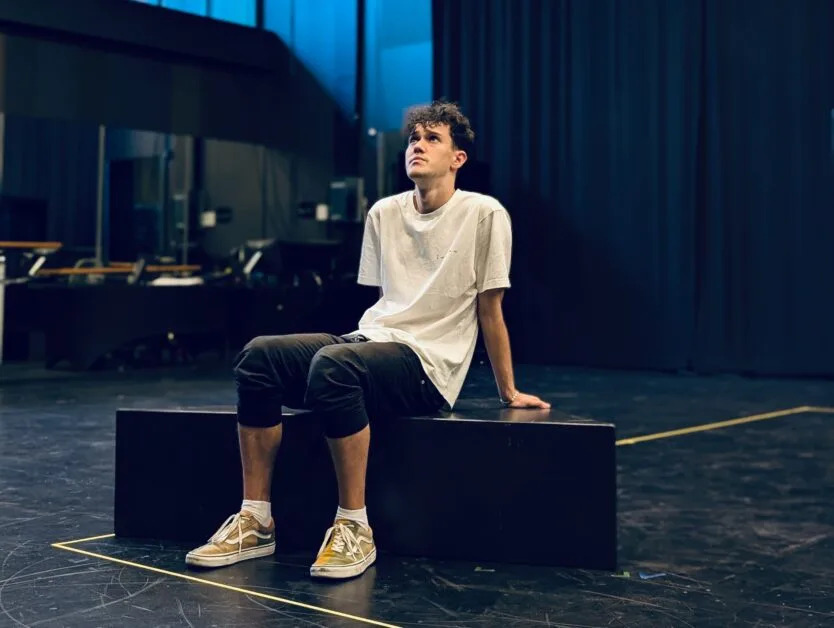
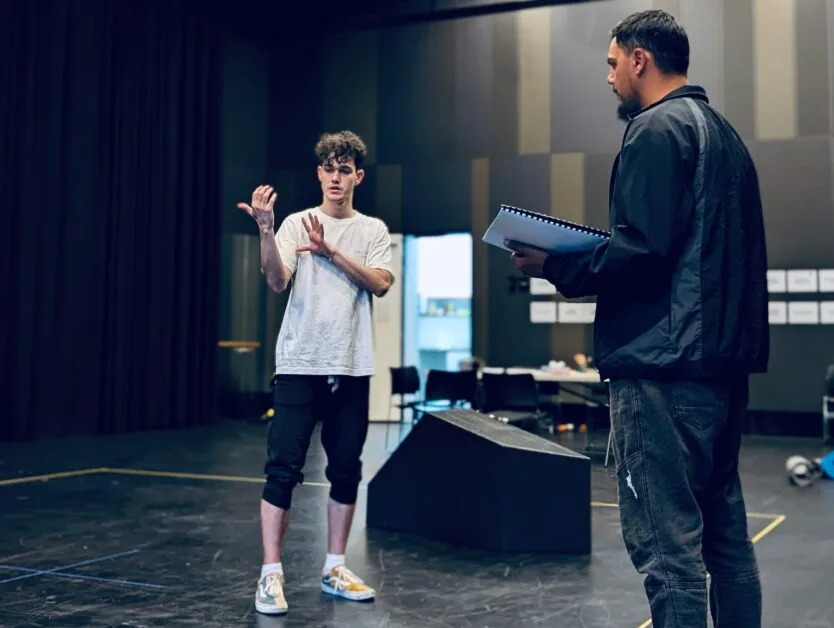
What sort of person is going to love this show?
If you love theatre that’s real, heartfelt and beautifully acted, this one’s for you. Blue will speak to anyone who’s ever juggled family expectations, wrestled with identity, or just wanted to be seen for who they really are. It’s powerful, honest, and surprisingly relatable — whether you’re a parent, a son, or someone who loves great storytelling.
What will the audience be thinking about in the car as they drive home after this show?
They’ll be thinking about their own families — the things they’ve said, and maybe the things they haven’t. They’ll be replaying those powerful moments of connection on stage, and probably having some honest conversations of their own. Blue leaves you feeling moved, a little raw, but ultimately hopeful. It opens up space to talk, reflect, and maybe even pick up the phone to someone you haven’t called in a while.
What’s going to surprise people about this show?
How quietly it sneaks up on you. You think it’s going one way, and then — bam — it hits you right in the heart. People might be expecting a heavy drama, but they’ll be surprised by how warm, intimate and human it is. There’s humour, tenderness, and a depth that really stays with you.
Call someone out by name: who must come see this production?
Dads. Sons. Mates who never talk about their feelings. Blue is the show you didn’t know you needed. And if you’re someone who’s ever said, “I’m fine” when you weren’t — this one’s for you. Come for the brilliant writing, stay for the gut-punch moments that’ll stick with you long after the final scene.
Where can patrons purchase tickets to this production?
This production runs from 23 May to 8 June 2025. To book tickets to Blue by Thomas Weatherall, please visit https://blackswantheatre.com.au/season-2025/blue.
Thank you to our interviewee for sharing their insights and passion. I wish you all the best with “Blue” – may it touch hearts and leave your audience profoundly moved. Break a leg!
Other production interviews can be viewed in our About The Production Series.

